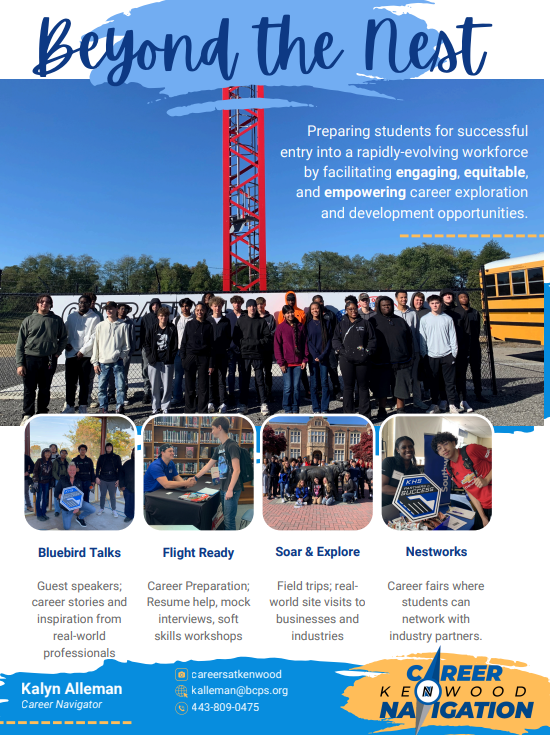Are you college ready? Colleges evaluate students’ commitment to learning and preparing for the workforce through their coursework and extracurricular activities. Going out of your way to sign up for different classes and programs is a great strategy for enhancing your portfolio.
One of the most common methods of enhancing your college portfolio is by taking AP classes. However, do you truly understand what these classes entail? Another option, perhaps less familiar but equally valuable, is dual enrollment. Are you aware of what it involves? Whether you’re trying to get into a good college or simply seeking a personal challenge, these classes can significantly boost your portfolio.
Let’s start by understanding these classes better. Our Guidance counselor, Ms. Andrew, offers insights by explaining what dual enrollment and AP classes are. “It is when a high school student is able to take classes at the community college in their area to earn college credits, while AP courses offer college-level curriculum with advanced exams for credit.” Both classes guarantee earning credits in college earlier, but how can students be eligible to join these programs? Ms. Andrew advices that while technically anyone can take AP, it’s best suited for motivated students excelling in challenging coursework. Dual enrollment, on the other hand, depends on college readiness, which is evaluated based on GPA and state standards. These classes are designed to provide students with a head start in college and aid in the transition from high school. However, enrolling in these classes requires true dedication and a passion for the subject matter. To learn more, students should consult with their counselors.
Now, do these classes guarantee college acceptance? Research indicates that “Both AP and DE are strongly associated with positive outcomes, but the enrollment outcomes are not the same for both programs. DE students are more likely than AP students to go to college after high school, but they are less likely to first enroll in a four-year college.” (Wyatt) A comparison of the college outcomes of AP® and dual enrollment students (Research Report No. 2015-3). While both programs yield positive results, one may be more so depending on the individual’s goals. As long as these programs assist students in pursuing their chosen career paths, they can be considered successful. Nevertheless, their success depends on the students motivation, academic performance, and engagement in extracurricular activities, internships, and volunteering. These experiences highlight a student’s initiative in advancing their educational and personal development opportunities.
If you’re planning on going to college, these programs aid in readiness and admissions. Making the most of available opportunities will benefit you in various situations in the long term. Choosing a subject that intrigues you and enrolling in relevant AP classes can deepen your knowledge and earn you college credits. If you haven’t started studying yet, take this time to add studying within your habits, and learning effective time management will not only prepare you for college but also help you balance hobbies, work deadlines, and self-care when you enter the workforce.






